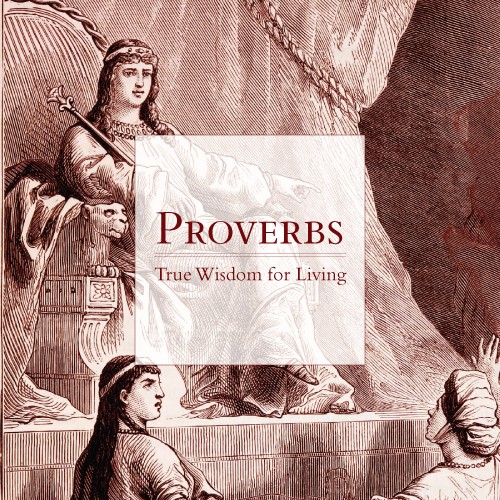
An Everlasting Name
Tim Keller | March 14, 2010
Overview
For some, when they hear that salvation is absolutely free, their first response is to say, “If I really believed that, then I wouldn’t have any incentive to live a good life.”
To that, I would say, “If, when you lose all fear of being smacked by God, you lose all incentive to live a good life, then the only incentive you ever had was fear. You need a better incentive.” See, if you realize the implications of the costly love of Jesus, it’s going to change your whole life.
Isaiah 56 shows that when we receive salvation 1) it creates a new concern for living justly in the world, 2) it creates a new kind of community of believers who are absolutely equal before God and radically accepting of differences, and 3) we get an everlasting name that will never be cut off.




